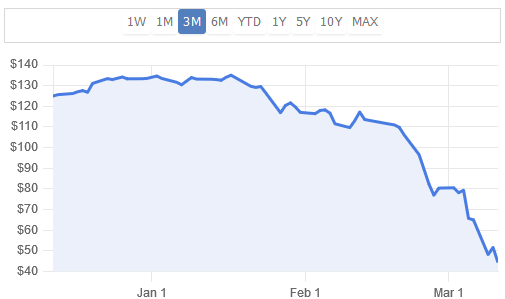On March 3rd, the UK government released a publication detailing its Coronavirus action plan, which contains the four-stage plan that will be implemented throughout the country, in all four devolved nations, as the impact of the disease continues to worsen. Below is a brief summary of each stage:
Contain - identify cases as soon as possible, and attempt to prevent wider community spread of the virus. Powers have been given to enforce quarantines and extra funding granted to healthcare centres. The goal is to stop the virus from taking hold in the country.
Delay - if containment does not work, measures such as closing schools, banning large gatherings, and incentivising working from home will be introduced. The goal is to delay the inevitable spread of the virus for as long as possible.
Research - if measures taken to delay the virus prove ineffective, focus efforts on researching how to best fight the virus; working out how it spreads, and the best treatment methods. This includes research into vaccine development and deployment.
Mitigate - the last resort scenario, at this point the government will focus on keeping essential services such as police/fire/ambulance functional, as well as bringing retired and newly graduated doctors to the frontlines.
At the moment, the UK Government insists that the country is still in the containment phase, despite the country's Chief Medical Officer and the government's chief medical advisor, Prof. Chris Whitty telling MPs as early as March 5th that the UK "was now "mainly" in the delay phase".
At first glance the government's refusal to move to the delay phase, despite 460 total cases, and confirmed community spread, seems stubborn and almost deluded, however, the Scottish Cabinet Secretary for Health and Sport, Jeane Freeman told MSPs after attending a COBRA meeting on the 10th that
The timing of moving into the ‘delay’ phase, and what measures are judged to be the most effective in that phase, must be and are driven very firmly by scientific and clinical advice. Understandably people will be looking to the situation in other countries and questioning why some of the moves they are taking are not being made here yet in Scotland and in the UK.
[...]
Timing is critical. If we take those measures too soon, we will not have the impact we need. If we take them too late, we will not reduce demand [on the NHS] to the level we need
What is the risk behind taking these measures - i.e. moving into the delay phase - too soon? I note that Poland, for example, which has a fraction of the cases of the UK, will close all museums, cinemas, & schools from Monday. Why might this be a mistake? Is there any research that has evaluated this?
(Note that although the example I have given is UK-based, I am also interested in answers that refer to the general postponement of more extreme countermeasures internationally)
